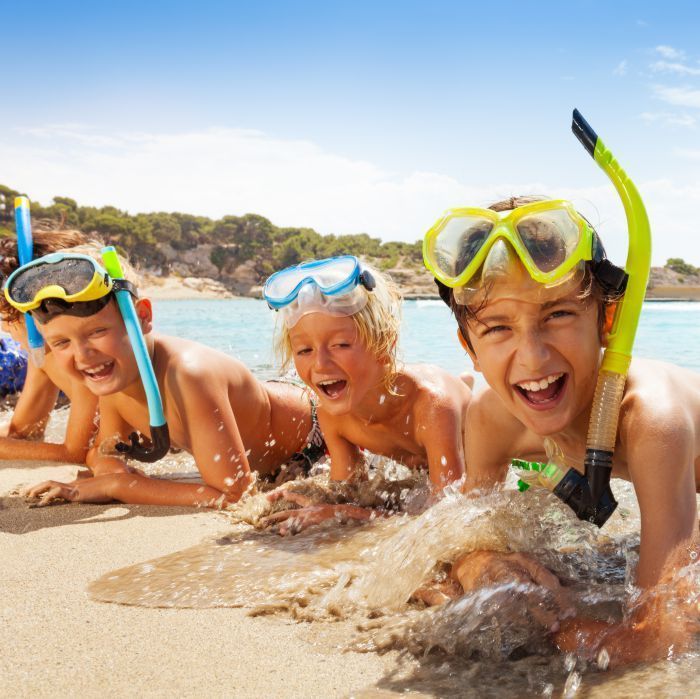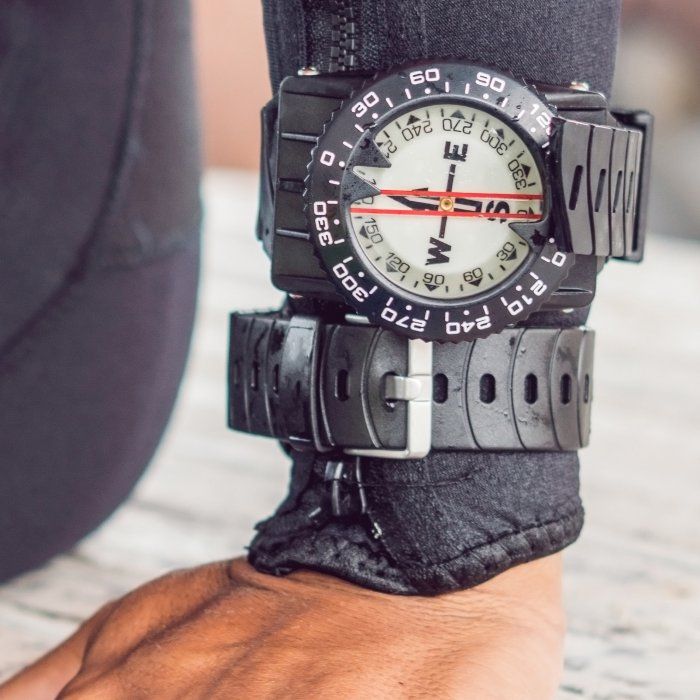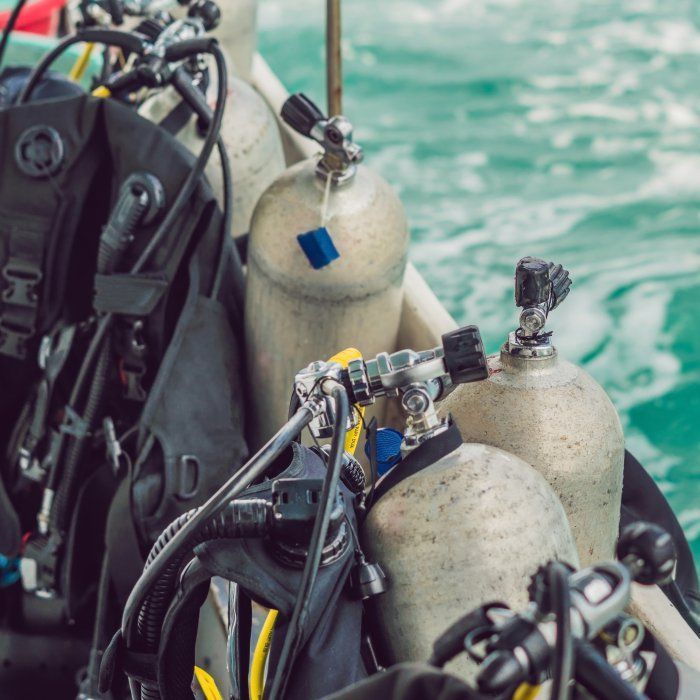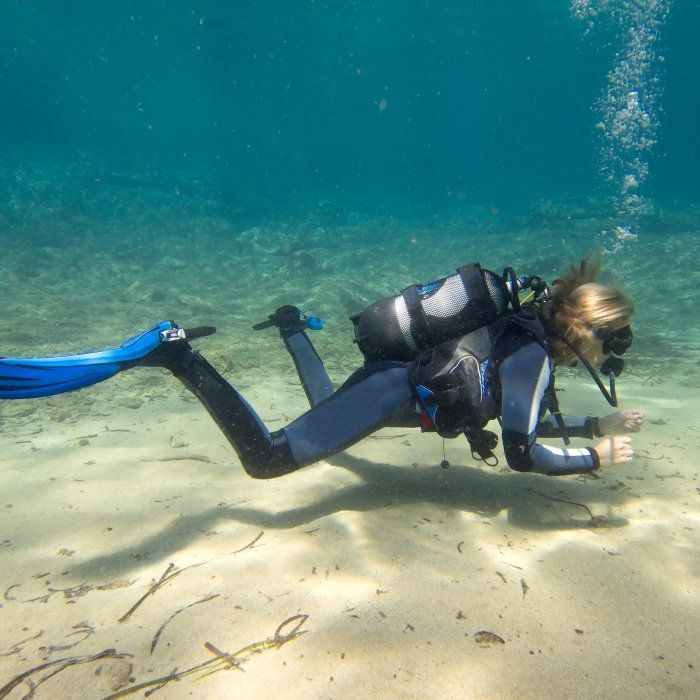
SAMSA-Approved Skippers Training & Licensing
SAMSA (South African Maritime Safety Authority) approved skipper’s courses for power-driven vessels under 9m. These courses cover inland waters, as well as offshore distances of 1, 15, and 40 nautical miles (NM).
Providing SRC VHF+DSC Marine Radio Courses for vessels operating in Category D, C, or B.
Course Categories & Requirements
Skipper – Inland Waters (Category R)
For operation in rivers, dams, estuaries, lagoons, and fishing harbors.
✅ Requirements:
- Doctor’s certificate & eye test
- Copy of ID
- Age: 16+
- Experience: 25 hours of skippering or 100 hours as active crew
- Written, oral & practical exam
Day Skipper – Category E (<9m, 1NM out to sea & inland waters)
✅ Requirements:
- Doctor’s certificate & eye test
- Copy of ID
- Age: 16+
- Experience: 25 hours of skippering or 100 hours as active crew
- Written, oral & practical exam
Day Skipper – Category C (<9m, 15NM out to sea)
✅ Requirements:
- Doctor’s certificate & eye test
- Copy of ID
- Experience: 25 hours of sea service (on Category C or D vessels)
- Written, oral & practical exam
Day Skipper – Category B (<9m, 40NM out to sea)
✅ Requirements:
- Doctor’s certificate & eye test
- Copy of ID
- Age: 16+
- Experience: 50 hours of skippering (on Category B vessels)
- Written, oral & practical exam
Skipper Coastal (<9m, 40NM out & night rating)
✅ Requirements:
- Doctor’s certificate & eye test
- Copy of ID
- Age: 18+
- Experience: 200 hours of skippering (50 hours at night) on Category B or higher vessels
- Must hold at least a Category C Skipper license
- Practical test at 40NM using your own Category B vessel
- Written, oral & practical exam
Endorsements: Dive Skipper
For qualified dive professionals.
✅ Requirements:
- Minimum Qualification: Dive Master or equivalent
- Age: 18+
- Experience: 10 hours of logged skippering on a dive boat
- Practical exam on a dive boat
Skipper Courses done through Eventide Marine
- Details
- Category: Courses
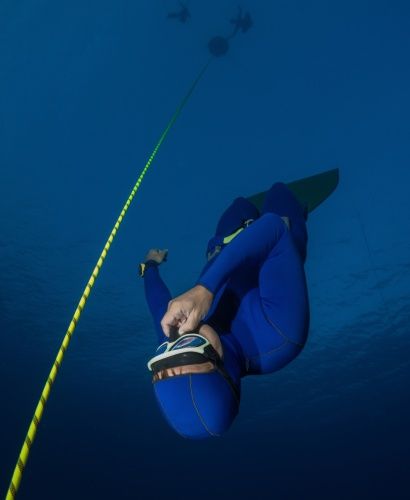
PADI Master Freediver
Certification Course
If you’re an advanced freediver who wants to learn how to fine-tune your lifestyle and training so that you can approach elite freediving levels, then the PADI Master Freediver course is for you. Through focused sessions, you’ll bring your static apnea, dynamic apnea, free immersion and constant weight skills to the next level.
To enroll in a PADI Master Freediver course you must be at least 18 years old and have a PADI Advanced Freediver certification (or a qualifying certification from another freediver organization). You also need to have Emergency First Response Primary and Secondary Care (CPR and First Aid) training within the past 24 months. You can complete this training during the Rescue Diver course.
What to expect:
The PADI Master Freediver course consists of three main phases:
- Knowledge development about nutrition, relaxation and advanced breathing techniques. You’ll also complete independent research as part of the Master Freediver Assignment.
- Confined water session to improve static and dynamic apnea attempts, including a no fins dynamic apnea. Goal – static apnea of 3 minutes, 30 seconds and dynamic apnea of 70 metres/230 feet.
- Open water sessions to practice mouthfill equalization and perform warm-up and workup dives for free immersion and constant weight freediving. Goal – constant weight freedive of 32 metres/105 feet.
You need to have a freediving mask, snorkel, bifins, wetsuit and weight belt. Your instructor may allow you to use monofins. You’ll also need a surface signaling device and a freediving computer (or depth gauge and timer).
Check with us about the gear you’ll use during this course and get advice about what you need from your PADI Master Freediver Instructor.
Includes:
- Study Materials
- All required equipment for the duration of the courses
- Public pool entry fees
- Transport (if required)
- Pool Dives
- Sea Dives
- Light lunch
- PADI online registration fees
Prerequisites:
- Advanced Freediver Certification
- Emergency First Response or equivalent first aid qualification
- Rescue Diver
- Minimum 18 years old.
- Documentation of diving experience with a minimum of 50 logged dives at the start of the course.
- Pass a water fitness evaluation
- Pass of a final written examination
- Verification of good physical condition as documented by a medical examination and unconditional approval for diving by a licensed physician within the preceding 12 months.
For more info or to make a booking, Contact Us
- Details
- Category: Courses
Photography Courses
Are you interested in underwater photography? Learn from an experienced underwater photographer with our hands-on courses.
Learn how to get the most out of your camera, whether it's a compact digital camera or an SLR camera. You don't need an expensive camera to take good pictures.
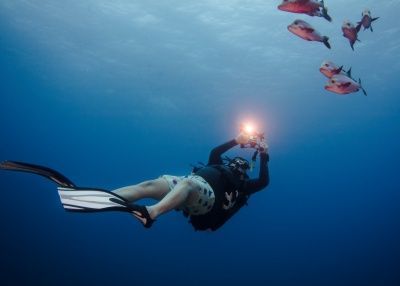
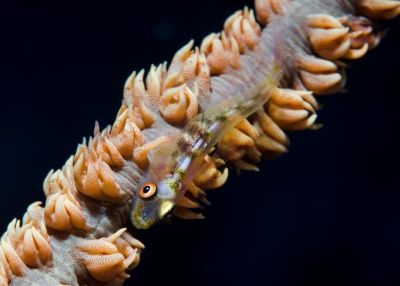
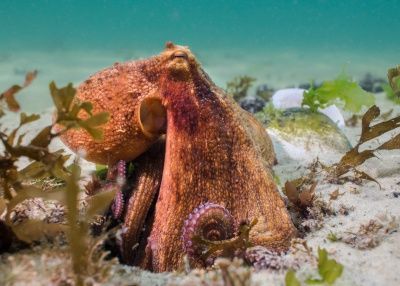
PADI Digital Underwater Photographer Specialty Course
MadeleinWolf Underwater Photography Course
Join a course today and get clicking!
- Details
- Category: Courses

Emergency First Response (EFR) Courses
Emergency First Response training focuses on building confidence in lay rescuers and increasing their willingness to respond when faced with a medical emergency. Course participants learn simple-to-follow steps for emergency care and practice applying skills in a non-stressful learning environment. All courses are supported by self-study manuals, videos, and quick reference cards to enhance learning and allow you to start learning right away.
EFR courses meet the CPR and first aid training requirements for the Rescue Diver course and all professional-level ratings. Emergency First Response courses are flexible in design to accommodate scheduling and training needs. They can be taught together or alone in any combination.
-
EFR Primary Care (CPR)
This course teaches you the steps and techniques for handling life-threatening emergencies. You’ll practice eight skills for aiding patients who aren’t breathing, have no heartbeat, may have a spinal injury, may be in shock, or may have serious bleeding. You’ll learn how to perform CPR and continue to monitor the patient so that you provide every possible chance of survival while waiting for emergency medical services to arrive. -
EFR Secondary Care (First Aid)
Because many medical conditions are not life-threatening and emergency medical services are sometimes delayed or unavailable, this course teaches you how to provide first aid that eases pain and reduces the risk of further harm. You’ll learn to assess a variety of injuries and illnesses and practice bandaging and splinting. -
EFR Care for Children
The Emergency First Response Care for Children course is an innovative CPR, AED, and First Aid training course that teaches participants how to provide emergency care for injured or ill children (ages one to eight) and infants less than one year old. Participants learn about the types of medical emergencies that children face, and how they differ from adults.
-
EFR Refresher
It’s a good idea to refresh your CPR and first aid skills every 24 months, and that’s what the EFR Refresher course is designed to do. Focusing on key skills, the course allows you to stay up-to-date and ready to lend aid when needed.
Prerequisites:
- Minimum age of 12 years.
- Completion of all required paperwork.
- Participants must complete the examination with a minimum passing score of 80 percent.
Aim of the Courses:
- Entry-level training designed to educate persons in providing BLS (basic life support) techniques to adult victims with life-threatening injuries, while activating the local medical services.
- Acquire the knowledge and skills needed to provide BLS to adult victims through several first aid techniques that support (or might restore) life.
- Learn and practice skills needed to provide first aid to adults in non-immediately life-threatening situations (or after having provided BLS in life-threatening situations).
- Learn several techniques that relieve pain, stop injury from getting worse, and determine the type of injury or illness.
Contact us for more info.
- Details
- Category: Courses
Dive Training with a Difference
Where to start with Diving

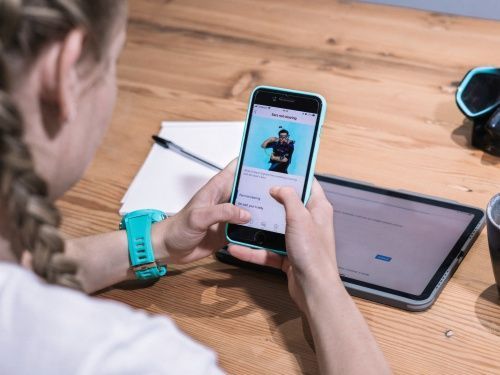
Knowledge Development
The knowledge development portion of the course is designed so you can learn at your own pace and when it's convenient for you. Complete your eLearning online.
Confined Water Dives
Develop and practice your scuba skills in a pool or water with pool-like conditions under direct instructor supervision. As you learn new skills, you’ll build the abilities and confidence needed for diving in open water, such as in a lake or the ocean.
Open Water Dives
Transfer your new scuba skills to open water and start diving. As soon as your open water training dives are approved by your instructor you will be certified as a PADI Open Water Diver, enabling you to embark on unforgettable adventures.PADI Introductory Courses/ Experiences

ReAct
ivate
PADI Certification Courses
PADI Specialty Diver

Photo
graphy
PADI Professional Courses

Become a Dive Professional
PADI 5 Star Instructor Development Center

